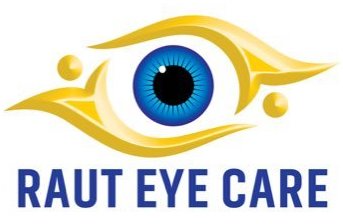| What is Vision loss in one eye |
| Do I need to get checked for Vision loss in one eye |
| Causes of Vision loss in one eye |
| Treatment |
| Reviewed By |
| Contact Form |
| Links for accessing this page |

Vision loss in one eye is a condition where a person is unable to see out of one eye and must rely on the other eye for seeing.Vision loss in one eye can be caused by a variety of things, including eye diseases, injuries, and even age-related vision problems.If left untreated, vision loss in one eye can lead to a decrease in overall vision, as well as an increased risk of falls and other accidents.Treatment for vision loss in one eye can include medication, glasses, and even surgery.Treatment for vision loss in one eye is important to prevent further deterioration of vision, as well as to protect the patient from injury.




